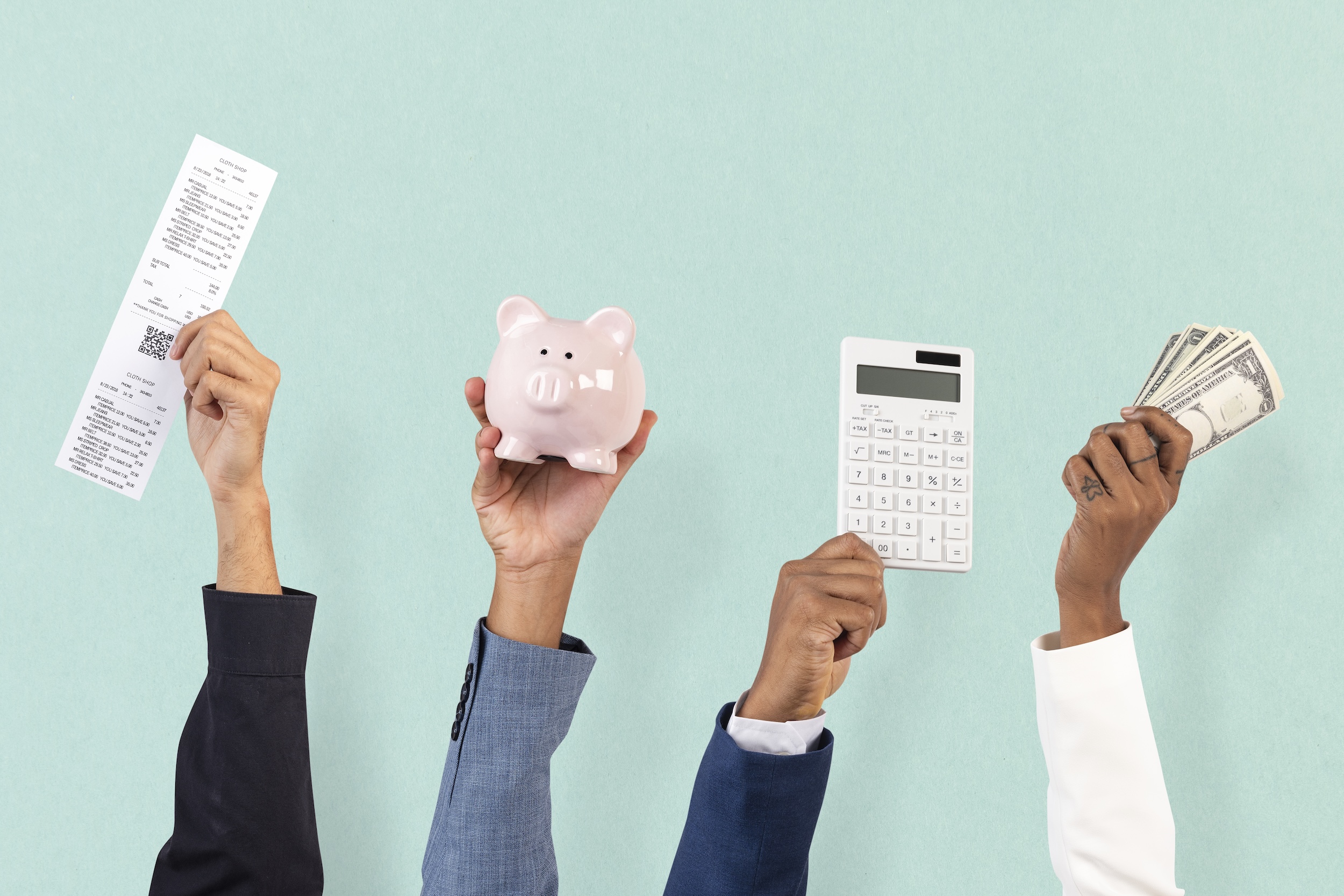
If you’re trying to break into the housing market, you might be wondering: “Can I buy a house with my super”? It’s a smart question, and one that more and more Aussies are asking as property prices climb and saving a deposit feels increasingly out of reach.
The answer is yes… sort of. You can use your super to help you buy a home, but not just by dipping into your account whenever you feel like it. Superannuation is designed to support you in retirement, so there are tight rules around when and how you can access it. That said, there are a couple of exceptions that could work in your favour, especially if you’re a first-home buyer or looking to invest through a self-managed super fund.
The First Home Super Saver Scheme:
For Australians looking to get a foot in the door of their first property, the First Home Super Saver (FHSS) scheme is your best bet.
This scheme allows you to make extra contributions to your super – either before or after tax – and then withdraw those savings plus investment earnings later to put towards your first home deposit. The catch? You’ve got to follow the rules carefully:
- You can contribute up to $15,000 per financial year, and a total of $50,000.
- These contributions must be voluntary, meaning they’re on top of what your employer puts in.
- When you’re ready to buy, you apply to have those contributions (and the returns they’ve earned) released for your deposit.
Because super is taxed at a lower rate than most people’s income, you’re saving in a more tax-effective environment. Over a few years, that can make a noticeable difference to your savings total.
To qualify, you need to be over 18, never owned property in Australia, and planning to live in the home for at least six months in the first year. So if you’re looking to invest or buy for someone else, this one’s not for you.
Quick tip: don’t leave your application to the last minute. There are timelines to meet and paperwork to complete, so make sure you’ve planned ahead.
Buying Investment Property Through Super:
Now, if you’re not a first-home buyer but still keen to get into property via your super, there’s another route: the Self-Managed Super Fund (SMSF).
This is a more complex option and definitely not something to dive into without serious consideration. It involves setting up your own super fund, managing the investments yourself, and following strict rules around what you can and can’t do.
Through an SMSF, it’s possible to buy an investment property, but not one you live in. The property must be used purely to grow your retirement savings, which means:
- You can’t live in it
- Your family can’t live in it
- You can’t rent it to yourself or anyone related to you
You can buy property outright with the SMSF’s cash, or take out a loan through the fund under very specific lending rules. But this option generally only makes financial sense if your fund has a sizeable balance (think $200,000 or more), as the costs and compliance involved can really add up.
This path suits people with larger super balances and a strong understanding of finance or access to good advice. It’s more of a long-term strategy, not a shortcut to personal home ownership.
What About Just Using Super to Buy a Home?
Unless you meet specific conditions, like reaching retirement age, facing serious hardship, or using the FHSS or SMSF pathways, you can’t simply withdraw super to buy a home. It’s locked away for your future self, which makes sense given it’s there to support you when you stop working.
However, once you retire or turn 65, your super becomes yours to use however you choose. Plenty of retirees use a lump sum to pay off a mortgage, downsize, or even buy a new home altogether. In that case, yes – super absolutely can be used to buy a house. But you’ll need patience to get there.
So, Is It a Good Idea?
It depends on your situation.
- If you’re a first-home buyer, the FHSS scheme is a smart tool that can help you grow your deposit more efficiently. Just make sure you’re across the eligibility rules and timelines.
- If you’re looking at property investing through super, an SMSF could be a strategic move, but it’s not for beginners or anyone with a modest super balance.
- If you’re nearing retirement, you’ll soon have the flexibility to use your super however you like, including buying a home or paying off a loan.
Just remember, super isn’t designed to be an emergency piggy bank. While there are a few ways it can play a role in home ownership, it’s there primarily for your retirement, so think carefully before building your house-buying strategy around it.
Any advice is general in nature only and has been prepared without considering your needs, objectives or financial situation. Before acting on it, you should consider its appropriateness for you, having regard to those factors. Before making any decision about whether to acquire a financial product, you should obtain the Product Disclosure Statement.
Latest News Articles
Back to Latest News
What a Financial Plan Actually Looks Like

Realistic Budgeting Tips for Australians in 2026


